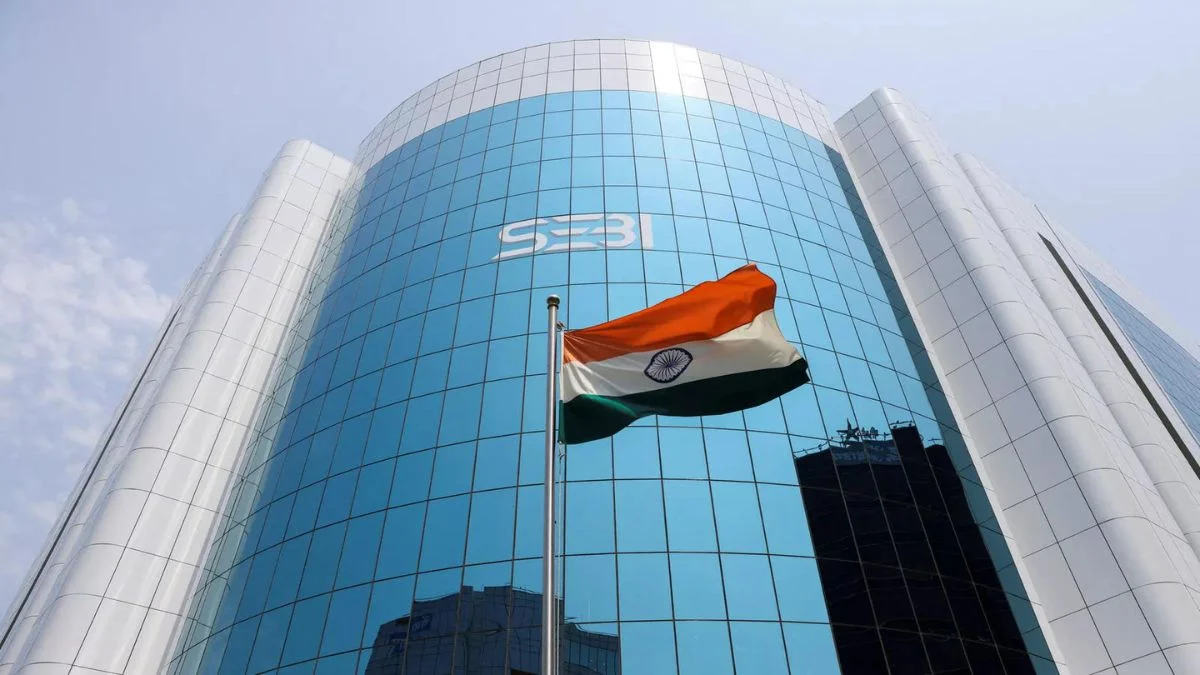SEBI’s proposed changes for large companies
The Securities and Exchange Board of India (SEBI) has announced proposed changes to the minimum public shareholding norms for large companies, following its board meeting on Friday, September 12. These proposals primarily focus on extending the timelines for companies to achieve the required public shareholding percentages. For companies with a market capitalisation between ₹50,000 crore and ₹1 lakh crore, the current requirement of achieving 25% public shareholding within three years could be extended to five years. This adjustment aims to provide larger companies with more flexibility in structuring their public offerings.
Specific provisions for larger market capitalisation firms
For companies with a market capitalisation ranging from ₹1 lakh crore to ₹5 lakh crore, SEBI has proposed that the minimum public offer size should be increased to ₹6,250 crore or 2.75% of the post-issue market capitalisation, whichever is higher. This change is designed to accommodate the varying sizes and needs of companies within this market cap range. Furthermore, for companies with a market capitalisation exceeding ₹5 lakh crore, the minimum public offer size has been proposed at ₹15,000 crore or 1% of the post-issue market capitalisation. This ensures that even the largest companies maintain a significant public shareholding.
Timelines for achieving public shareholding targets
SEBI has also set new timelines for companies based on their public shareholding at the time of listing. If a company’s public shareholding is less than 15% on the day of listing, it must reach at least 15% within five years and 25% within 10 years. Conversely, if the public shareholding is at or above 15% on listing, the minimum 25% public shareholding requirement must be achieved within five years. These measures are intended to ensure a gradual increase in public participation in large companies.


